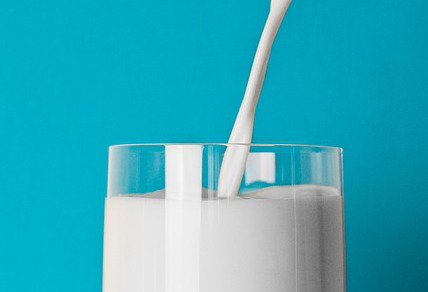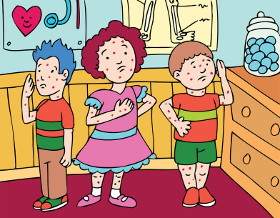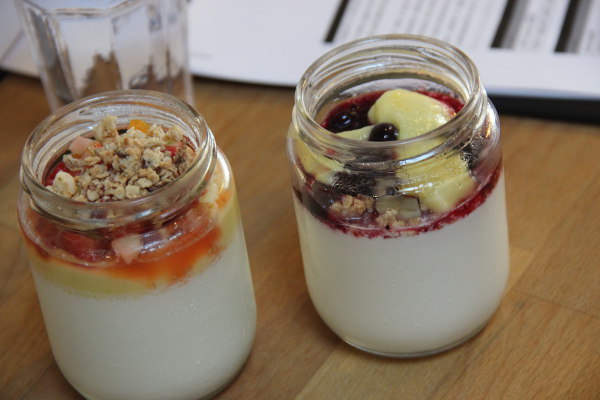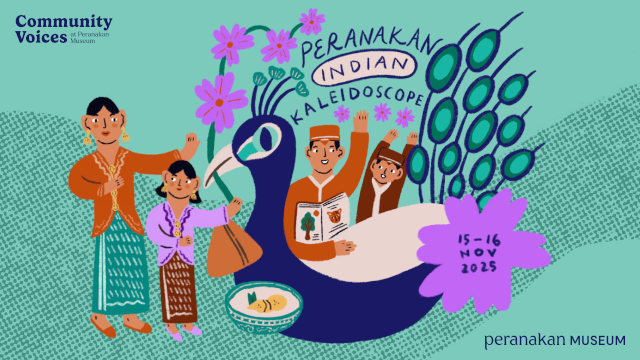“Milk. It does a body good.” So goes a well-known advertising campaign that’s been around for decades in the US.
But is milk really good and crucial for our health as popular culture, doctors and pediatricians claim? We weigh in on other studies.

Milk Allergies and Lactose Intolerance
Milk and other dairy products are infamous as a problem for those with milk allergies and lactose intolerance. A dairy allergy is a response of the immune system to the proteins in a cow’s milk, triggering a reaction that can include hives, eczema, sinus congestion, hay fever, diarrhea and anaphylaxis, which can be life-threatening.
Lactose intolerance is a deficiency of the lactase enzyme in the digestive system, which leads to improper digestion of lactose, the sugar in milk products. That can cause bloating, irritable bowel syndrome, and many other digestive difficulties.
➡️ Related Read: Lactose Intolerance in Babies
Milk allergies tend to develop in early childhood and are outgrown later, though not always. Lactose intolerance, on the other hand, tends to develop later in life, often in adulthood, even for people who previously tolerated milk. It is estimated that 75% of the world’s population is genetically unable to properly digest dairy. Cow’s milk is on the list of the top 8 food allergens in the US.
➡️ Related Read: Do You Know About Milk Formula Allergies
But for the rest of us, cow’s milk is fine, right?
Not necessarily.
One study that tracked 100,000 Swedish men and women for 23 years found that regular milk drinkers were no more resistant to fractures than those who weren’t. Additionally, high milk consumption was linked with earlier mortality.
Another study that started decades ago and is on-going, Harvard researcher Walter Willett found strong correlation between dairy and hormone-related cancers, including prostate and ovarian cancers. Willett has also highlighted the fact that countries with very low consumption of milk have low rates of fractures.
Why Go Dairy-Free?
You may not be classically allergic to milk or experience obvious lactose-intolerance symptoms, but dairy may still have enough of a negative impact on your health that you may want to adopt a dairy-free lifestyle.
Even for those who do not test positive for milk allergy, dairy consumption has been associated with overall inflammation, chronic sinus infection, nose congestion and post-nasal drip, headaches and migraines, and arthritis pain.
To test those sensitivities to dairy, you could try going off milk and other related products for two to four weeks and see how you feel. If chronic symptoms improve, you can then try adding dairy back to see to confirm if it has been indeed the culprit behind your symptoms.
If you decide to go dairy-free, for yourself or your whole family, you’ll want to make sure to avoid not just milk but also the many other products that contain dairy. Cow’s milk and/or milk products are found in yogurt, cheese, cream (whipped, thickened, etc), ice cream, many chocolates, butter, buttermilk and ghee.
Some ingredients to watch out for in the food package labels are whey, casein, and milk solids. Other foods to look out for include those made with milk, such as bread, pancakes, battered fish (e.g. in fish and chips), and even non-dairy creamer.
Alternatives To Milk

Many people find that non-cow dairy is tolerable. This would include milk, yogurts and cheese made from goat and sheep.
Non-dairy options include soy, almond, rice and coconut milk. You’ll want to experiment and try out different kinds to find the ones that you like best for drinking and for cooking or baking.
➡️ Related Read: Cow’s Milk vs Goat’s Milk
You do need to ensure adequate intake of calcium, vitamin D and potassium, which can be lacking in dairy-free diets. Calcium and Vitamin D supplements, and calcium-fortified products like orange juice, are an obvious option. There are also plant-based sources of calcium, including soy, spinach and other leafy greens. You can get your potassium in tomatoes, sweet potatoes, bananas and oranges.
Another option, perhaps a more tolerable one to those who love their pizzas and cheeses, etc is to go low-dairy. Be especially selective, perhaps limiting yourself to fermented dairy which has been found to be more protective of bone health, or only having that pizza or cheese once in a while as a special treat.
By Sara Rognstad.
* * * * *
Enjoyed reading this or learned something new? Click the Like and Share button below!
Want to be heard 👂 and seen 👀 by over 100,000 parents in Singapore? We can help! Leave your contact here and we’ll be in touch.






















































